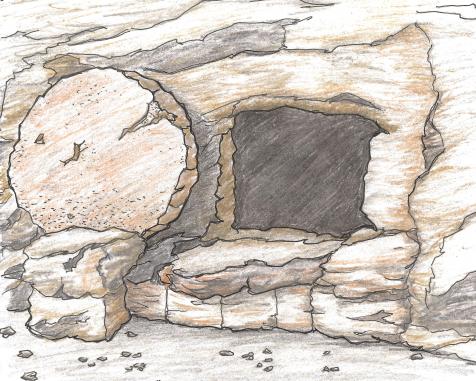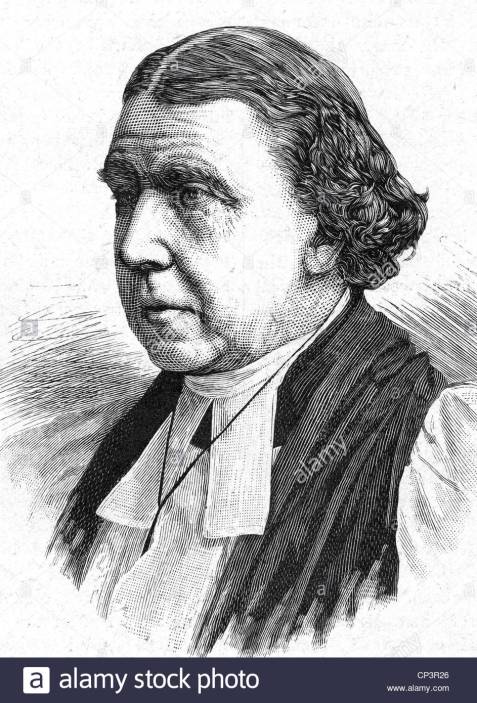Language is a funny thing (As Paula Moye would say, “Funny, strange; not, funny, ha-ha”) Today we use the word, “awful,” to describe things that are horribly bad. That haggis was awful. I put my fingers in my ears, and I could still hear her awful singing. The movie was so awful that we left half-way through. However, just a few hundred years ago, the word “awful” was used to describe really great things that were “awe-inspiring.” Isaac Watts’ hymn, “Before Jehovah’s Awful Throne,” uses that latter definition to cause us to look upward to God’s holiness, His sovereignty, and His creational, redemptive, and sustaining power in our lives.
Our God is not a fretful, anxious, helpless being; but the Sovereign Lord over the universe and everything in it. We owe Him our all. Apart from Him, none of us would exist. Apart from Him, all of us would still be lost in our sins. Apart from Him, we would not have a Shepherd to watch over us and care for us. Apart from Him, we could not look forward to joining with the redeemed of all the ages to “crowd [His] gates with thankful songs, high as the heavens our voices raise.”
As Watts reminds us, it is not just the fact, “Wide as the world is [His] command,” but also, “Vast as eternity [is His] love.” It is in His love and grace that we find our rest. We rest in what Jesus Christ did for us through His life, and through His death. Yes, we will gladly “bow with sacred joy” before Him and His “awful throne.”
Psalm 100 was the foundation of his hymn, and it is usually sung to Frédéric Venua’s tune, PARK STREET.
Before Jehovah’s awful throne,
Ye nations, bow with sacred joy:
Know that the Lord is God alone,
He can create, and he destroy.
His sovereign pow’r, without our aid,
Made us of dust, and formed us men;
And when like wandering sheep we strayed,
He brought us to his fold again.
We are his people, we his care,
Our souls, and all our mortal frame;
What lasting honors shall we rear,
Almighty Maker, to thy name?
We’ll crowd thy gates with thankful songs,
High as the heavens our voices raise;
And earth, with her ten thousand tongues,
Shall fill thy courts with sounding praise.
Wide as the world is thy command,
Vast as eternity thy love;
Firm as a rock thy truth must stand,
When rolling years shall cease to move.









